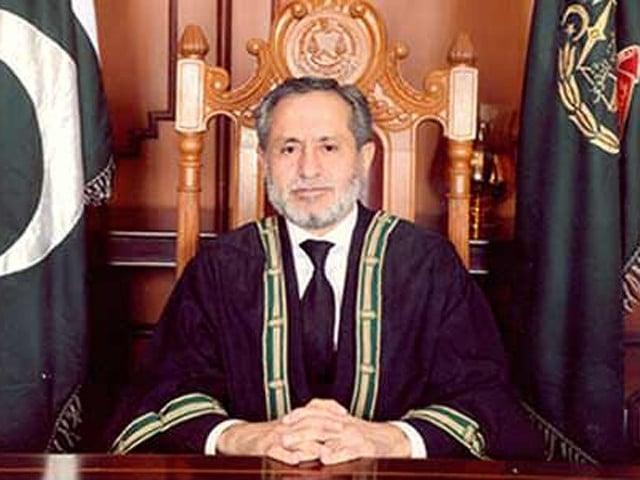Islamabad:
Judge of the Supreme Court Jamal Khan Mandokhai urged the government to recognize mining as a formal industry, highlighting the difficult and often deplorable conditions facing workers, in particular Khyber-Pakhtunkhwa and Balutchistan minors.
He made these remarks while addressing a high -level national conference under the theme “Workers and employers in 2025: navigate in change with harmony”.
Offering the main discourse as a chief investor, judge Mandokhail stressed that in the eyes of law and Islam, employers and workers are equal and that the Supreme Court is the ultimate guard of their rights.
He expressed profound concern about the absence of institutional guarantees for mines workers and called for legal and administrative reforms in order to ensure their protection and well-being.
“A judge must respect the law, but justice is not limited to the courts. Each individual is responsible for justice in his actions,” he said.
Citing article 17 of the Constitution, he noted that the right to the association is a fundamental right and added that unions must work to protect legal rights while promoting harmony. “Cordial relations and mutual consultation between employees and employers can help reduce the growing backlog of affairs related to the work before the courts,” he said.
Justice Jawad Hassan, of the High Court of Lahore, congratulated the legislative framework of Pakistan for labor rights, claiming that the country had a long tradition of progressive labor laws, starting with the Ordinance on Industrial Relations of 1969.
In his opening remarks, judge (RETD) Shaukat Aziz Siddiqui, president of NIRC, said that the main mandate of the Commission was to advance national industry while protecting the interests of workers.
The renowned lawyer, Dr. Zafarullah Khan, quoted the Holy Quran by declaring that the mission of the prophets was to establish justice.




